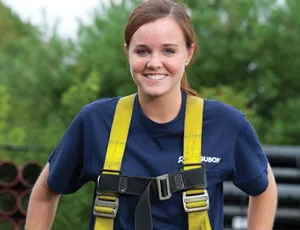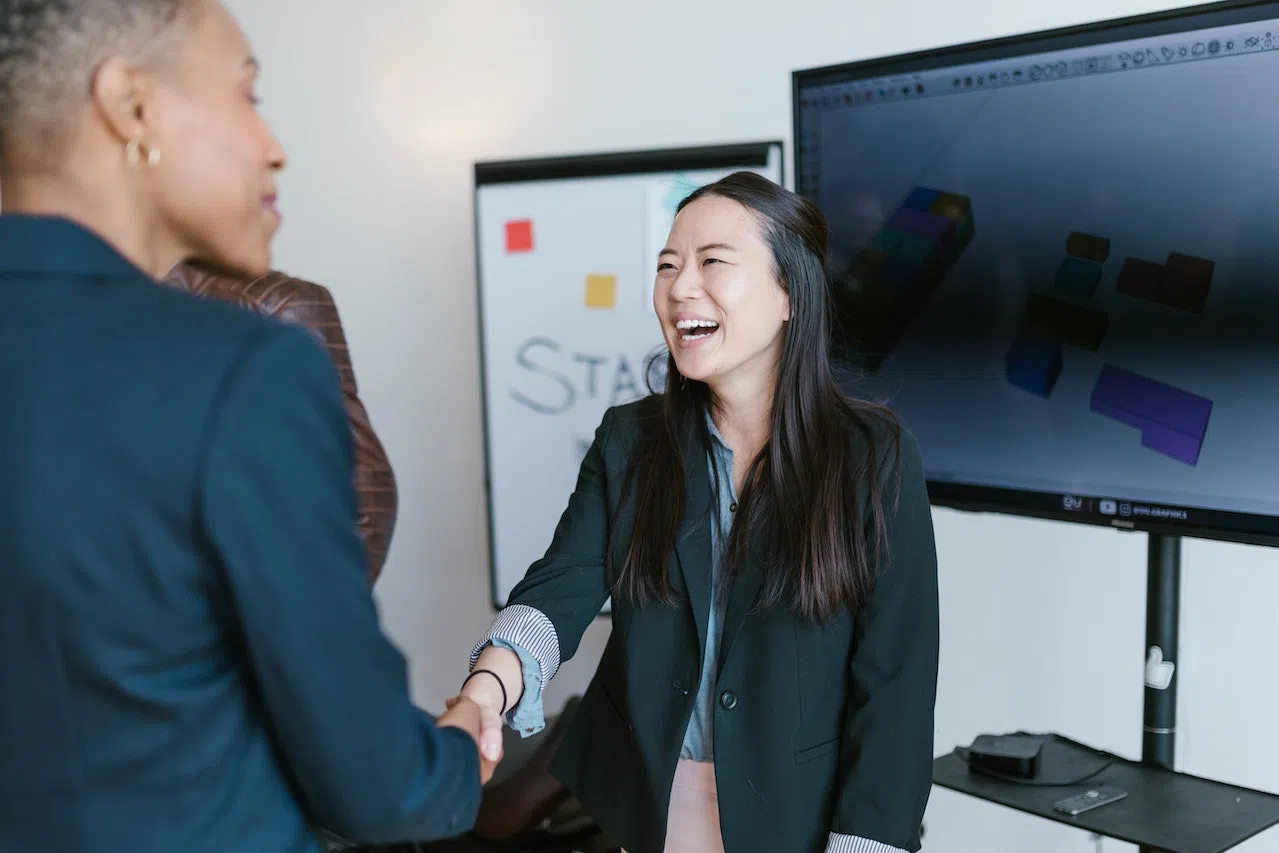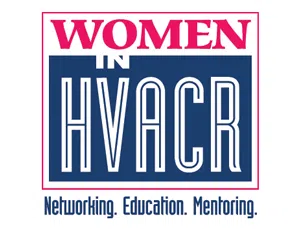At the university level the architectural, engineering and construction (AEC) industry is often overlooked as undergraduate students look to graduate and start their careers. Cooperative education (Co-op) and internship programs are great opportunities for employers to attract students to the AEC industry.
Internships are typically only one semester long, however, co-op programs are a series of multiple internship rotations with the same company. The student alternates between semesters working full-time and semesters in class.
The program operates and depends on the promise of mutual benefit to the employer and the student. The students are able to learn about the industry, develop skills that will ultimately help them in whichever direction they choose to take their career, and build a resume with relevant experience in their chosen field, all before graduating from their undergraduate degree program.
For the employer, the program can be used as a first step to eventually fill open entry-level positions in the company. This can essentially be used as an extended interview between the employer and the intern. With new hires, a standard interview takes just two hours for most entry-level positions.
When filling these positions through a co-op program, the employer gains a better understanding of the candidate they are hiring as a result of the time spent training and working with them during the co-op rotations.
Competitive
It is important for employers to understand what factors will make their programs successful and competitive with other companies and industries. When I was an undergraduate student choosing a company with which to complete my co-op program, the most important factors that influenced my decision were compensation, work arrangements and office culture.
Now, as I hire co-op students for RMF Engineering, I still get the most questions in interviews regarding these very same issues.
These engineering students are in high demand and can be an important part of the production team during their internship or co-op rotation. When it comes to compensation, it is not enough to just be competitive within the AEC industry. These students evaluate competitive offers across multiple industries, from both large companies and small companies.
Compensation
When evaluating what to offer in regards to pay and benefits, research what other companies offer to students who are similar to the ones you are trying to recruit. Unfortunately, offering an unpaid internship or co-op with your firm is unrealistic in today’s market. These students have a lot of options, so having a competitive recruiting strategy is crucial in order to get the best candidates through the door and interested in your firm.
Experience
For many of the students in your co-op program, this will be their first full-time job. Therefore, the variety of the work they will be doing during the program is another big factor in their decision. Will the work be primarily office-based or will they be out in the field more often?
The AEC industry will traditionally have more office-based work for co-ops or interns. When I was a co-op, I only performed fieldwork once during my program. While I did not mind spending the majority of my time in the firm’s office, the downside was that I never actually got to see the designs I worked on when they were finally under construction.
Millennials especially are more attracted to the promise of a variety of work experiences, making this a more difficult aspect of the recruiting process for most AEC firms.
With RMF Engineering’s co-op program, we make sure that all of the co-ops are able to get out in the field at least once during each rotation. When possible, we take them on site visits to see projects that they had a hand in designing.
This is something we emphasize during the interview process, so that the candidates have a realistic idea of what the work experience will be like at RMF, and to set us apart from other competing engineering firms’ internship and co-op programs.
Culture
Since co-op work in the AEC field is largely office-based, the office culture is the most important factor with regards to whether the student will ultimately be happy with the experience or not.
Before hiring interns or co-ops, determine how they will fit into the larger office culture at your firm. Will they be considered a member of the team, just like a full-time engineer would be? If they will be, make sure they know that.
At RMF, we have found that the co-op students who excel the most in our program are the ones who feel like they are true members of the design team.
They understand the importance of the work they are doing every day and they take pride in the quality of the projects we submit as a team.
Including them as part of the team means that they are included in department meetings, company events and any status updates for projects they have worked on. Keep them in the loop and emphasize the importance of the contributions they make to the firm.
Ultimately, co-op students will pick the firm that they feel is the best fit for them and their career path. As an employer, the best way to recruit the engineering students you want for your co-op or internship program is to focus on what you bring to the table in terms of salary, variety of work experiences and office culture.
Most importantly, employers must start their college recruitment planning far in advance in order to have a successful co-op program. By getting these students interested in the AEC industry and your company early on, you will then have the best chance of getting successful entry-level candidates for your firm.





